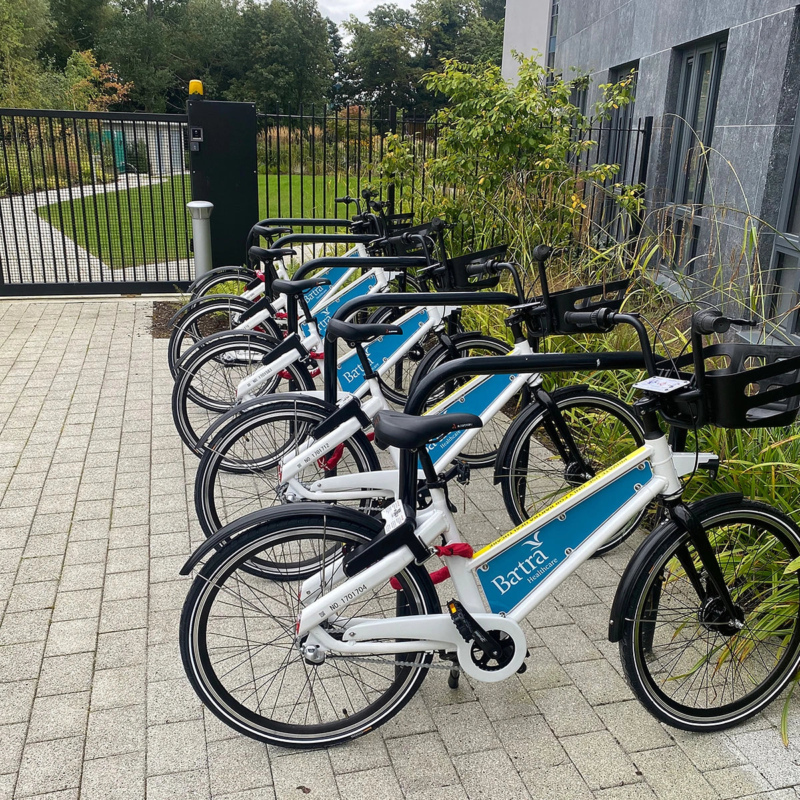Guest writer Hugh Cooney, CEO and founder of Bleeper Bikes, gives us the views of insiders in the bike sharing industry.
On Tuesday 20th May, Cycling Industries Europe hosted an enlightening webinar called, “The Perfect Bike Share Scheme.” The webinar featured a host of experienced industry experts from across the micromobility sphere.
The panelists for this discussion were Mareike Rauchhaus, Director of Communications & Public Policy at nextbike, Maxim Romain, the Co-Founder of Dott, Caroline Samponaro, Head of Micromobility Policy at Lyft Urban Solutions,, and Alejandro Martin Barrazza, Tender Manager & Business development at Inurba Mobility.

The panelists were first asked what the perfect bike share system looks like for them. Caroline from Lyft focused on ease of use for both residents and visitors. Maxim from Dott spoke about transportation that’s quicker and joyful, and micromobility that’s available and affordable.
Mareike from nextbike highlighted the importance of bike share as a public service, and that it should be embedded in the public consciousness, as an integrated part of a city’s transport system. Alejandro from Inurba Mobility talked about why we want a bike share system in a city in the first place? Because it’s part of a bigger strategy to achieve other goals on climate, transport and health.
The panelists were next asked about what cities should be doing to support bike share schemes. Caroline from Lyft said that most cities are doing the basics well, but that support was needed to help bike share schemes to scale up, to help create a network effect for bike share schemes which would improve their reliability.
Another topic which was put to the panelists was about electric bikes: Are cities giving up on non-electric shared bikes? Most of the panelists agreed that non-electric bikes still play an important part in any bike share scheme, especially in terms of providing an affordable service. In flat cities, a simple 3-speed bike can provide the solution for the majority of bike share users.
There was some debate amongst the panelists over station-based versus “floating” bike share systems. Mareike from nextbike spoke about the reduction in vandalism from station-based schemes, while Caroline from Lyft spoke about the importance of claiming dedicated public space for bike share stations, while Maxim from Dott extolled the virtues of floating systems which provide flexibility and low installation costs.
In their final reflections, the panelists highlighted the need for political support to ensure the success of bike share schemes, and their hopes that bike share wouldn’t fall victim to the populist politics and austerity that are currently sweeping across Europe and North America.
Hugh Cooney
CEO & Founder of Bleeper Bikes
